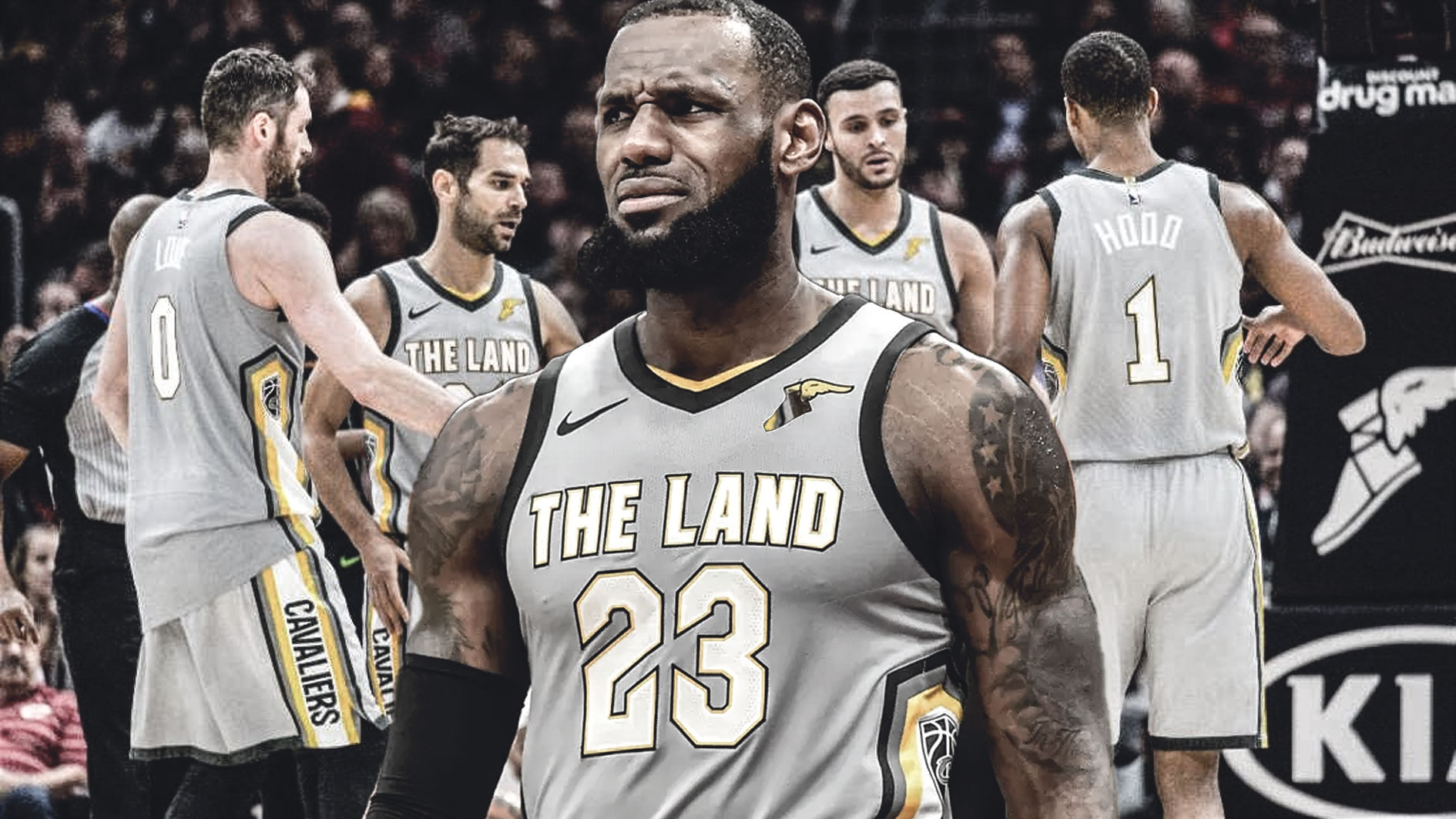
Drama and adversity have plagued the Cleveland Cavaliers since the end of the 2016-2017 season, and it didn’t end when the team traded away nearly half their players at the trade deadline. By usual NBA standards, getting to the Conference Finals is a success, but the Cavs were supposed to be legitimate championship contenders, especially after their deadline additions.
But in hindsight, there were many moves that GM Koby Altman made that were not in the best interest of the team. Which one was the worst? We’ll begin with the first move and make our way to the present.
5. Irving’s legacy decision
The first major move that Cleveland made was at the end of August when they traded All-Star point guard Kyrie Irving to the Boston Celtics for a package consisting of Isaiah Thomas, Jae Crowder, Ante Zizic, and the Brooklyn Nets’ 2018 first-round pick.
At the time of the deal, it wasn’t a bad decision by Cleveland on paper. After all, Thomas had just led the Celtics to the Eastern Conference Finals while putting up 28.9 points per game. Crowder was to be LeBron James’ first legitimate backup, and Zizic had potential to develop into a good center in the future. The Nets were expected to be one of the league’s worst teams, so the Cavaliers would have a high draft pick for the first time since they took Andrew Wiggins first overall in 2014.
Eventually, the trade ended up being a complete disaster for the Cavs. In his 15 games with the team, Thomas shot just 36% from the field, and it was clear that the hip injury he suffered in the playoffs significantly hampered him. Crowder displayed poor effort and his three-point percentage dropped by seven points. The Nets were more competitive than predicted, and their pick finished as the eighth selection.
Overall, not a great return for one of the NBA’s most dangerous scorers. Irving’s absence has hurt Cleveland immensely this season, and not having him would be the number one reason why the Cavs were unable to win the NBA Finals if that is the case.
4. Loss of a leader
In October, Richard Jefferson, Kay Felder, and two future second-round draft picks were sent to the Atlanta Hawks in exchange for Dimitrios Agravanis and Sergiy Gladyr, two European players. It will be a surprise if either player makes it to the NBA, let alone contributing to the Cavs at a high level. This trade’s sole purpose was to shed Felder and Jefferson’s contracts, and that’s exactly what happened, but at what cost?
Jefferson was a key role player on Cleveland’s 2016 championship team, but his veteran locker room presecne kept team morale high in tumultuous periods. He and Channing Frye made up the fantastic “Road Trippin'” podcast, which was just one example of how much they meant to the organization.
Jefferson was waived by Atlanta before signing with the Denver Nuggets, where he took on a mentorship role while averaging just 8.2 minutes per game. Jefferson would have at least given the Cavs a veteran to turn to on the court, and a leader off of it. He certainly would have been more useful than someone like Okaro White, who has never been active for a game while a member of the team. What did the Cavs do with the extra money gained from the trade? Nothing, because the lack of Jefferson’s contract barely made a dent in the team’s luxury tax. It was practically pointless at the time, and looks even worse now.
3. Deadline debacles
On February 8th, the Cavaliers realized they would not be able to get back to the NBA Finals with the current construction of the team that the way their team, much less knock off Golden State or Houston. So the roster was churned like a plot of land before planting season.
The first deal was a three-way trade that involved Cleveland, the Sacramento Kings, and the Utah Jazz. Crowder and Rose were sent to Utah, and Agravanis and Iman Shumpert went to Sacramento. Arturis Guidatis and George Hill came from the Kings, and Rodney Hood from the Jazz.
Much like the Irving trade, the Cavs did well at first glance. While Rose was solid, he was injury-prone. Shumpert was hurt for extended periods of time, hardly played when he was healthy, and appeared preoccupied with his rap career.
Hill was a solid defender who was shooting 47% from beyond the arc with the Kings. Hood was a young, athletic wing who could create his own shot and shot 39% from deep. Both players saw their shot attempts drop, but even without getting completely acclimated to the team, both players were solid contributors for the remainder of the regular season.
That changed in the playoffs. While battling through injuries, Hill has been inconsistent. One night he’ll score three points on 1-4 shooting, and the next he’ll pour in 13 while going 6-9. Especially in the Boston series, Hill has seemed hesitant to shoot. The Cavs need him to be more decisive, as he is one of their best indicators of success.
Hood’s situation is much different. His playing time has plummeted as the postseason has gone on, as he appears shellshocked. In a win over Toronto in the second round, Hood refused to play in garbage time, telling head coach Tyronn Lue to play Jose Calderon instead. It’s this kind of erratic behavior that has cost him his teammates and coaches’ trust. Hood is a restricted free agent, and his recent antics and performance have cost him a lot of money this offseason.
Losing Shumpert didn’t hurt Cleveland; in fact, they were glad to get his contract off their books. Rose is a different story. He had his moments while starting in place of the injured Isaiah Thomas, and in spite of his own injuries and weeks-long hiatus to ponder his basketball future, Rose was a dependable player for the Cavs. He was one of the few players who wasn’t dependent on open looks, as he could drive to the rim and kick out to teammates on the wing when he was scoring.
Once Rose made it back to the playoffs with the Minnesota Timberwolves (whom he signed with after being waived by the Jazz), he looked rejuvenated, scoring 71 points on 50% shooting while knocking down 9-of-12 three-point attempts in five games against the Houston Rockets. He wasn’t a great defender or a consistent shooter, but the Cavs didn’t need him to be. All they needed was a guy to come off the bench and score some points, and that’s exactly what Rose did.
Rose’s contract wasn’t necessary to make the trade happen either. He signed with Cleveland for the veteran’s minimum, which is the same as what Jose Calderon was making. Swap the two players and the Cavaliers are in a better spot right now.
The second deadline deal that Cleveland made involved a bit of addition by subtraction. The Cavs sent Channing Frye, Isaiah Thomas, and their 2018 first-round pick to the Los Angeles Lakers for Jordan Clarkson and Larry Nance Jr. Getting rid of Thomas was a huge burden of the back of the coaching staff, as they didn’t have to gameplan him into the rotation to try and get him back up to speed only to watch him miss two out of every three shots he took.
Frye didn’t play much, but just like Jefferson, he provided a morale boost and plenty of comic relief. His expiring contract of $7+ million for the season was attractive to teams looking to clear salary cap space for the next season, which is exactly what the Lakers were trying to do (Thomas’ contract was also expiring, so LA couldn’t really ask for more. Or could they?).
Clarkson was a solid young scorer for the Lakers, but with Lonzo Ball drafted second overall, he didn’t fit in with the team’s future. His contract, which pays him $12.5 million and then $13 million over the next two seasons, wasn’t ideal for the team either. Nance is still on his rookie deal and will be a restricted free agent after the 2019-2020 season, so salary wasn’t an issue for him.
Clarkson has been for Cleveland what he was for Los Angeles: a solid slasher whose lack of ideal three-point shooting ability and defense limits his effectiveness. Nance has been an upgrade over Tristan Thompson, providing good defense and rebounding along with some flashy dunks on passes from LeBron James.
You might think this is a solid trade; two players who weren’t going to be on the team next year swapped for two young contributors with a future. This is true, but in negotiations, the Cavs gave all the leverage to the Lakers when they had zero reason to.
Firstly, the Lakers were actively trying to get rid of Clarkson. His pricey contract made it likely that they would have to give a team a future pick to take him. Instead, Cleveland gave the Lakers exactly what they wanted: expiring contracts to clear cap space and Clarkson gone. But that’s not all; the Cavs also gave up their 2018 first-round draft pick, which will be 25th overall. Not a super valuable selection, but it’s something that could have been used to acquire a veteran on draft night or to take a rookie with a nice shot.
2. Homesickness hurts the team
The third and final deal that took place on the eighth was a confusing and disappointing trade. After being bought out by the Chicago Bulls in the offseason, Dwyane Wade arrived in Cleveland with much fanfare, as he and close friend LeBron James would once again chase a championship by each other’s side.
In his 46 games with the Cavs, Wade averaged 23.2 minutes per night with just three starts. Due to his advanced age (36) and mileage, Cleveland was saving him for the playoffs, when he was really needed. Wade scored a solid 11.2 points per game and was a calming veteran presence off the bench. His chemistry with James was on display, and his defense improved immensely now that he was motivated for the first time since 2013-2014.
But Wade got homesick for Miami, where he belongs, and Wade, James, the coaching staff, and the front office all decided that it was in the best interests for everyone for Wade to return home. He was traded to the Heat for a heavily-protected future second-round pick, which in all likelihood will not convey. The Cavs essentially gave away Wade for free because of his feelings for his former team. While this was a nice organizational gesture, it was terrible for the team as a whole.
Cleveland knew that Wade could be relied upon in the postseason. He has been there many times before while racking up three NBA titles, two with James. Like Rose, he was not the best outside shooter, but he was a good passer, slasher, and defender. Those attributes are exactly what the Cavalers are missing right now.
Wade’s versatility meant he could play both guard positions, and he could play them well. With George Hill’s inconsistency, Rodney Hood’s immaturity, and J.R. Smith’s fall off the face of the earth, Cleveland could sure use a guard who could just play without actively hurting the team.
There was really no reason why Wade should have been traded. He was with his best friend again, he was a key player on a championship contender, and was an instant fan favorite. It’s completely understandable that he wanted to go back to Miami, but couldn’t James have convinced him to play out the season in Cleveland? Surely Wade could have put off his return for five months.
1. Bench blunder
After their flurry of trade deadline moves, the Cavaliers had two roster spots open. One of those was filled by Kendrick Perkins, a veteran leader who would provide the team with a focus and drive to win. He wouldn’t be expected to play at all, but his off-the-court actions would be worth using the spot.
The second and final roster spot was taken by forward Okaro White, a second-year player who has appeared in 41 career games, zero with Cleveland. White isn’t a veteran who has been around the league and knows how to win a championship. He wasn’t close friends with any of the players before being signed. The value that he brings to the team has yet to be witnessed, and his spot could be better filled by current free agents such as Tony Allen, Terrence Jones, or Anthony Morrow.
While all of these decisions are poor in hindsight, the worst, aside from the inevitable Irving trade, was losing Dwyane Wade. It was the most unexpected move, and also the one that was the most avoidable. Not only that, but Wade is the one player (other than Irving) who would be helping the Cavaliers the most right now.
If the Cavs don’t bring the Larry O’Brien trophy back to Cleveland this year, fans will be left wondering “what if we hadn’t made this move?” about all the rest.
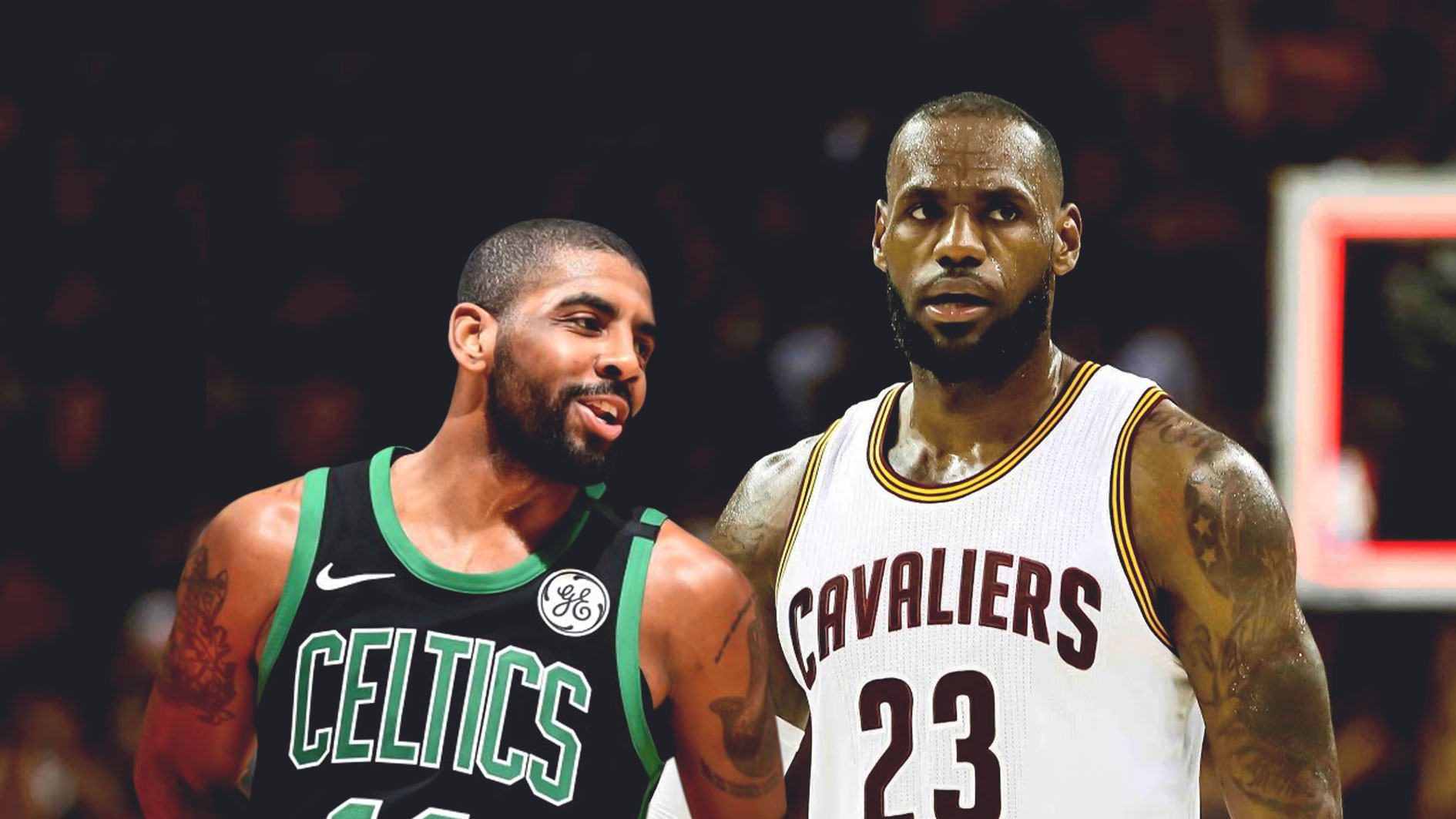
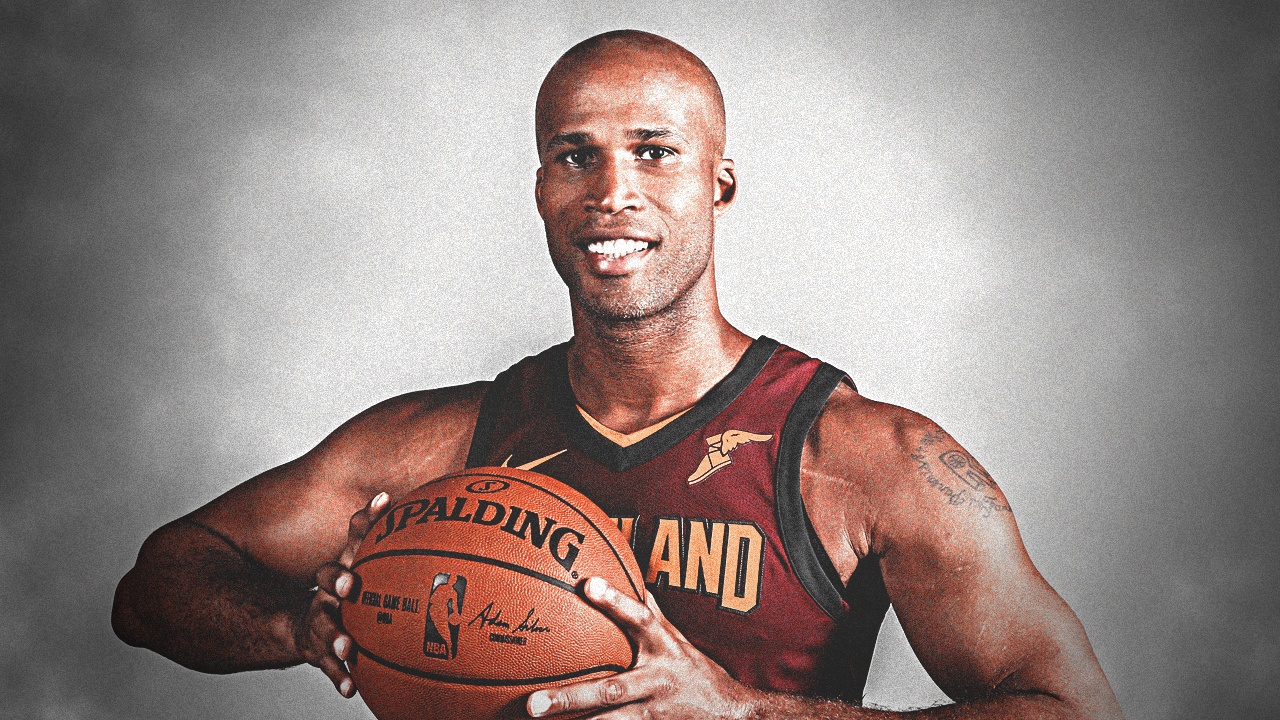
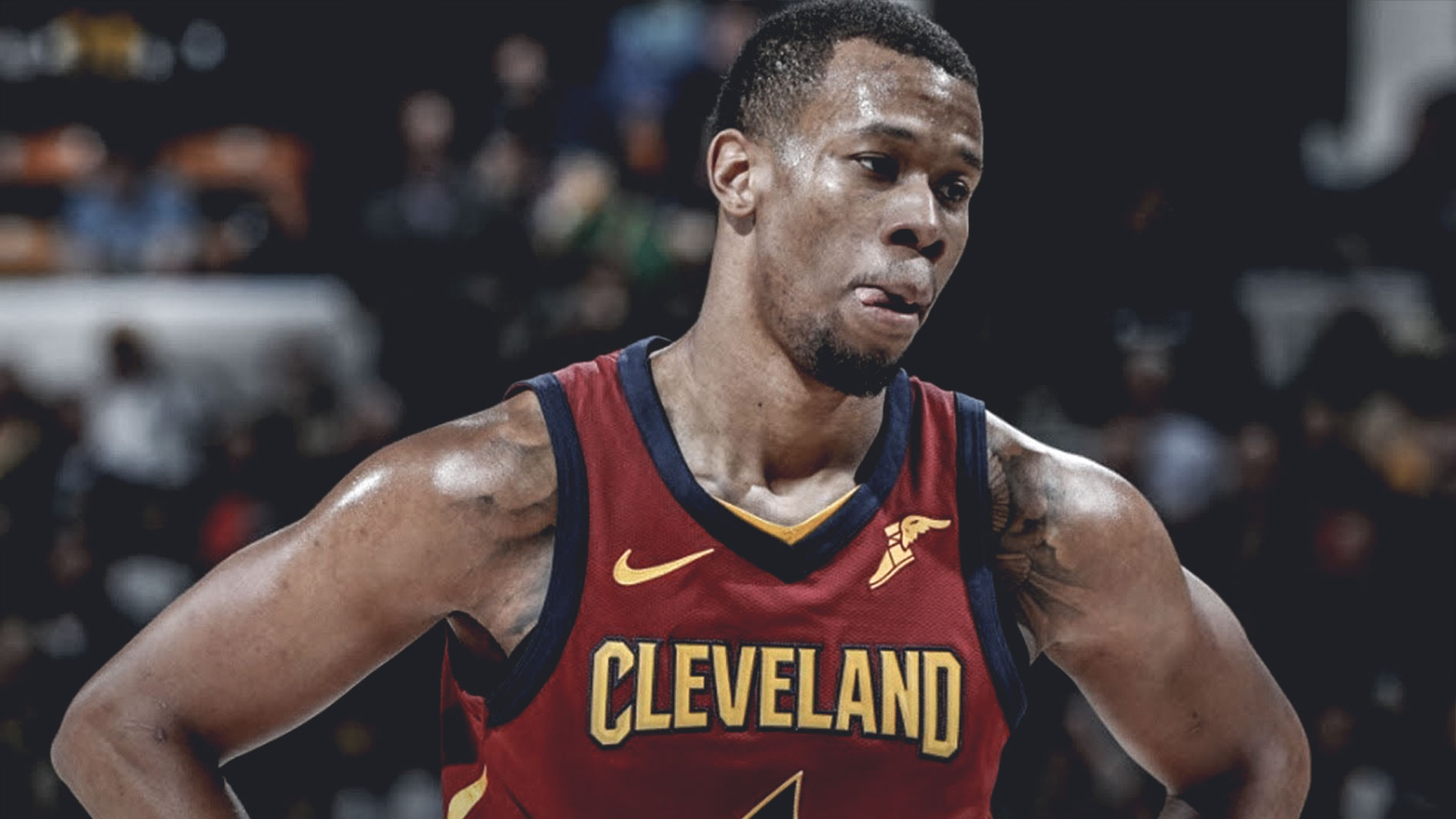
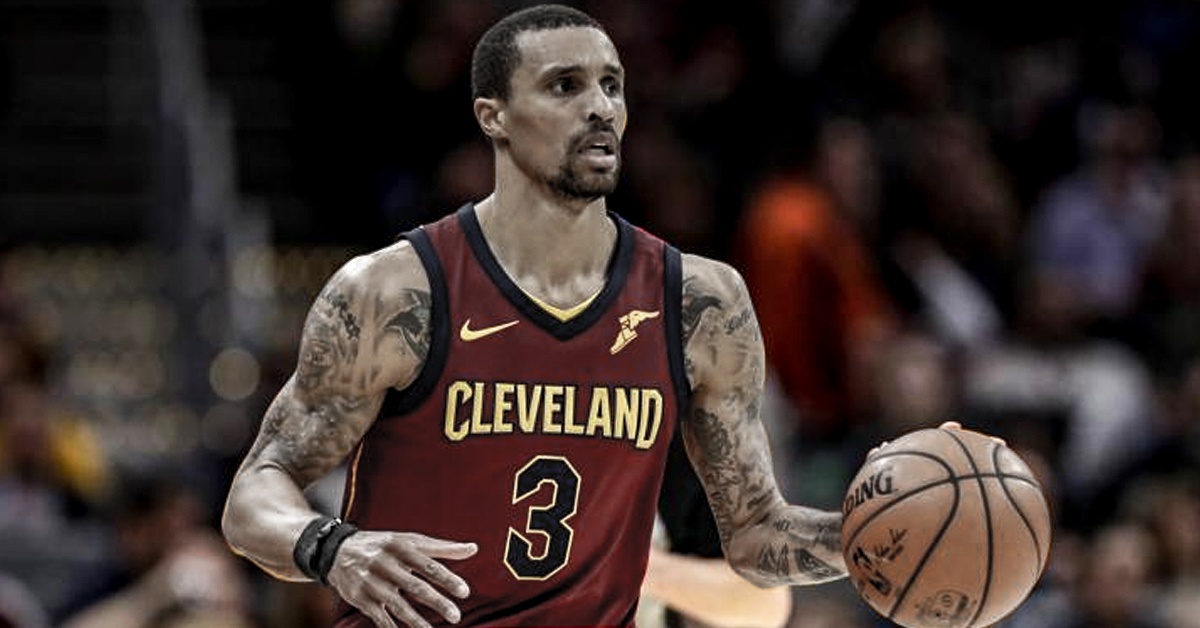
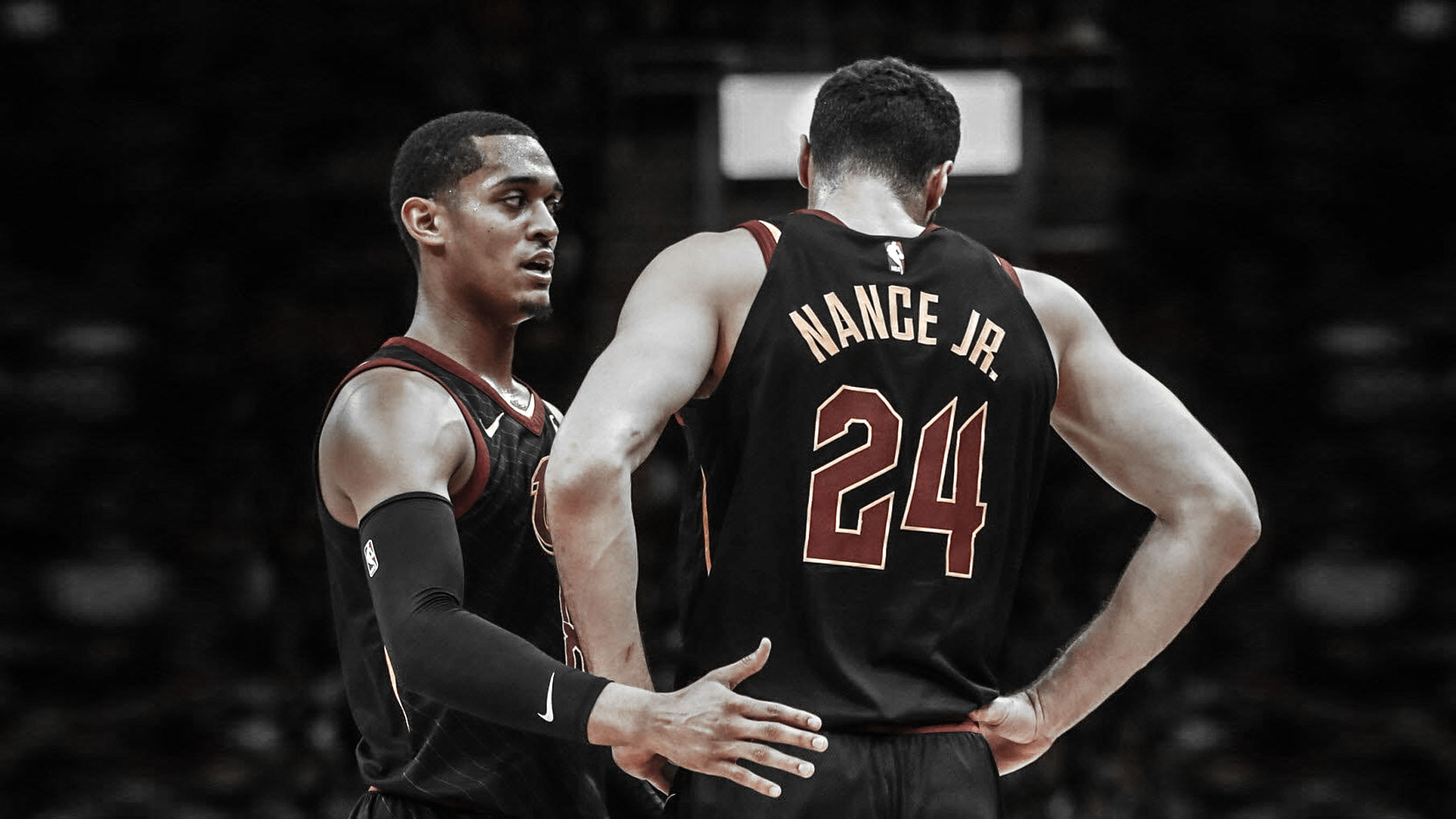

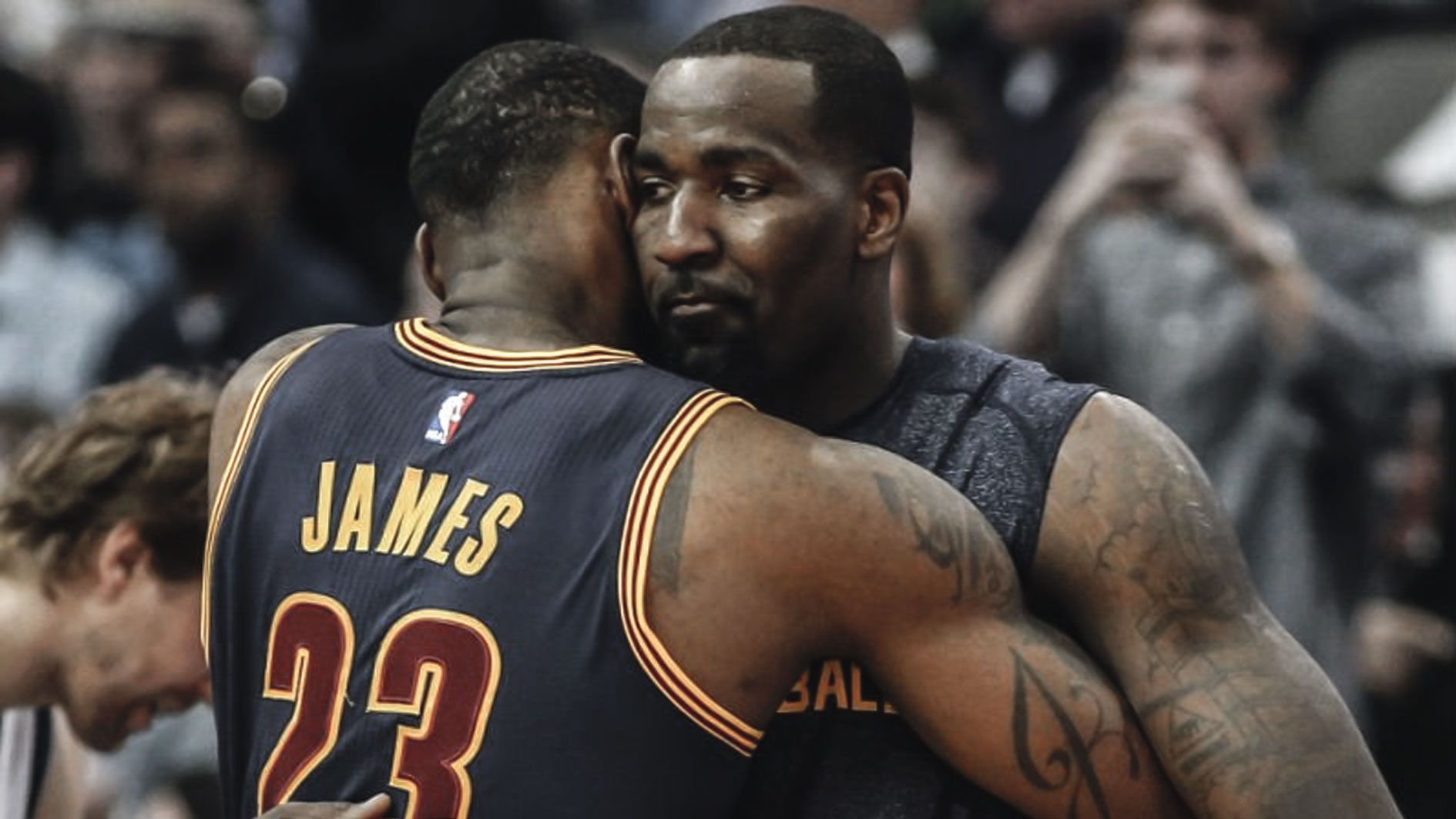




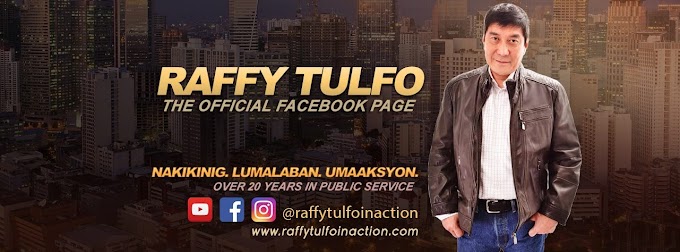
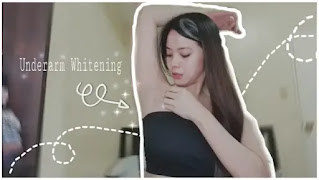




0 Mga Komento